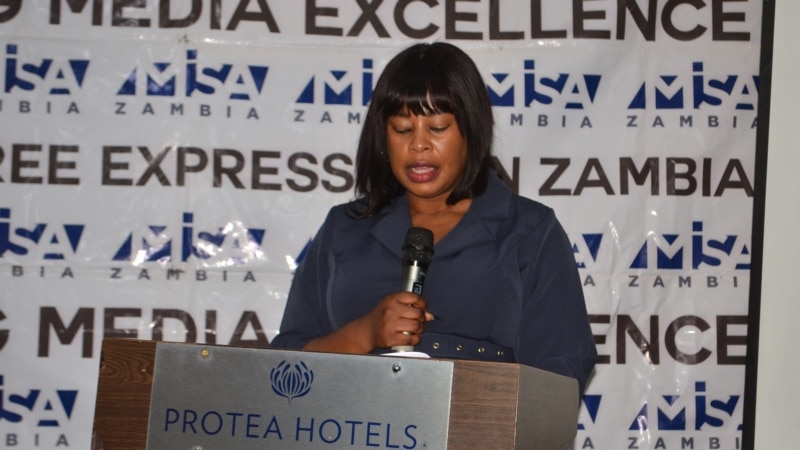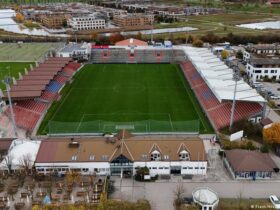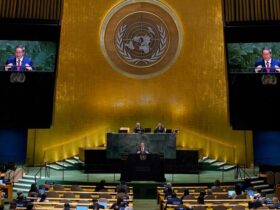
Media freedom is under attack in Zambia, a new report says. The report said that more than 60 percent of those surveyed believe that the media cannot function due to frequent incidents of harassment and intimidation by journalists and bloggers.
The Media Institute of Southern Africa, or MISA, launched its report on December 17 in Lusaka, the capital of Zambia. MISA President Lorraine Mwanza said journalists in Zambia still face censorship and violence in the course of their duties.
Both he and the report cited the case of Thomas Zgambo, an investigative journalist who has been arrested three times in the past 13 months for writing stories deemed too critical by Zambian authorities. Zgambo faces up to seven years in prison if convicted on charges including defamation and treason.
Zgambo told VOA that he will not stop writing and reporting.
“Basically in all three cases, it is a journalist who is trying to find answers on behalf of the public but I am in court now because instead of the government giving answers, they have decided to criminalize journalism and take me to court. Have decided to use the police. So I’m in court with three criminal charges. “I am in court with three criminal cases before three different magistrates,” he said.
Zgambo’s legal troubles began in November 2023, when he was arrested in connection with an article in which he alleged that a government institution was renting a property from President Hakainde Hichilema.
In August this year, he was allegedly arrested for a 2022 story about illegal government procurement of fertiliser.
And in October, he was arrested for an article he wrote about food imports.
The most recent arrest came hours after President Hichilema promised to preserve press freedom in a speech read on his behalf by chief government spokesman Cornelius Mwetwa.
Joan Chirwa, founder of the Free Press Initiative, a Zambian media advocacy group, told VOA she agreed with the findings of the MISA report.
“We have seen people from political parties still raiding radio stations to disrupt programming and threaten journalists,” he said. He said, “We have seen journalists being detained by the police. We have also seen journalists being charged with criminal offenses simply because of what they write and our biggest concern right now is that as we approach the 2026 elections Will get closer, what can happen?
Chirwa criticized colonial-era laws being used by authorities against journalists in Zambia.
These include criminal defamation, sedition and state security laws, which Chirwa says hinder journalists from performing their roles as government watchdogs.
However, at the launch of the MISA report, Mumanga Morden Mayembe, an official at the Ministry of Information, argued that the government had not interfered with media freedom at all.
Mayembe said the government has opened up the media space, as evidenced by the licensing of more than 200 radio stations, 50 TV stations and several online platforms.
“When there are fewer platforms, there will be fewer people expressing themselves on those platforms. when we had the bus [one] To get on TV stations, TV, you have to be President, Vice President, Minister or at least someone with a name in the society,” Mayembe said.
However, Muthoki Mumo, Africa program coordinator for the Committee to Protect Journalists, said in a recent statement that Zgambo’s continued harassment paints a stark picture of the emptiness behind the government’s pledge to protect journalists.






Leave a Reply